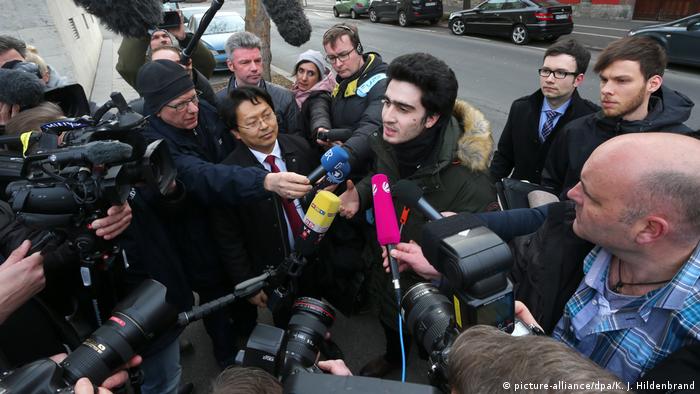The pattern
Issa is far from alone in his experiences outside the nightclub, on the subway and in the job market.
In Vienna a team of researchers is tasked with tracking the phenomenon of racist discrimination and harassment. They work for the Agency for Fundamental Rights, a center set up by the European Union to tackle prejudice and defend universal rights.
For their most recent report, they assembled an army of interviewers in 28 countries. They aimed to speak to over 15,000 people who had lived in the EU for at least a year, but whose country of birth (or that of their parents) was outside the continent. The researchers conducted some interviews in languages other than the official language of each country to help ensure that they reached residents whose views might be missing from other surveys.
The overall results found that 24% of respondents had felt discriminated against because of their ethnic, religious or migration background in the 12 months preceding the survey. This suggests that millions of people like Aiham were experiencing discrimination in everyday life: unequal treatment for no other reason than where they are from or what they believe.
I have the feeling that here in Germany we are not treated like Germans or Europeans
And the situation is getting worse for many communities, the report suggests. The researchers' verdict is damning: The fight against discrimination and hate is failing to deliver. Laws and policies to tackle the problem, they said, are not adequately protecting the people they are meant to serve.
10% to 31% of respondents from four migrant communities in the European Union said they had experienced discrimination in the 12 months before they were surveyed.







